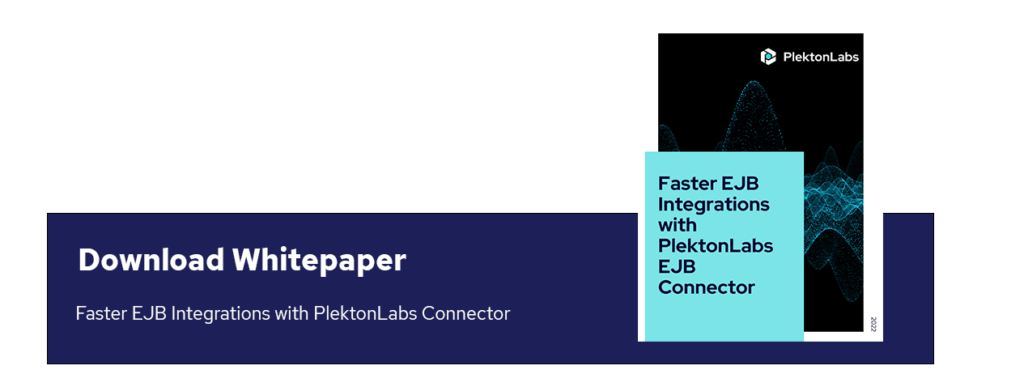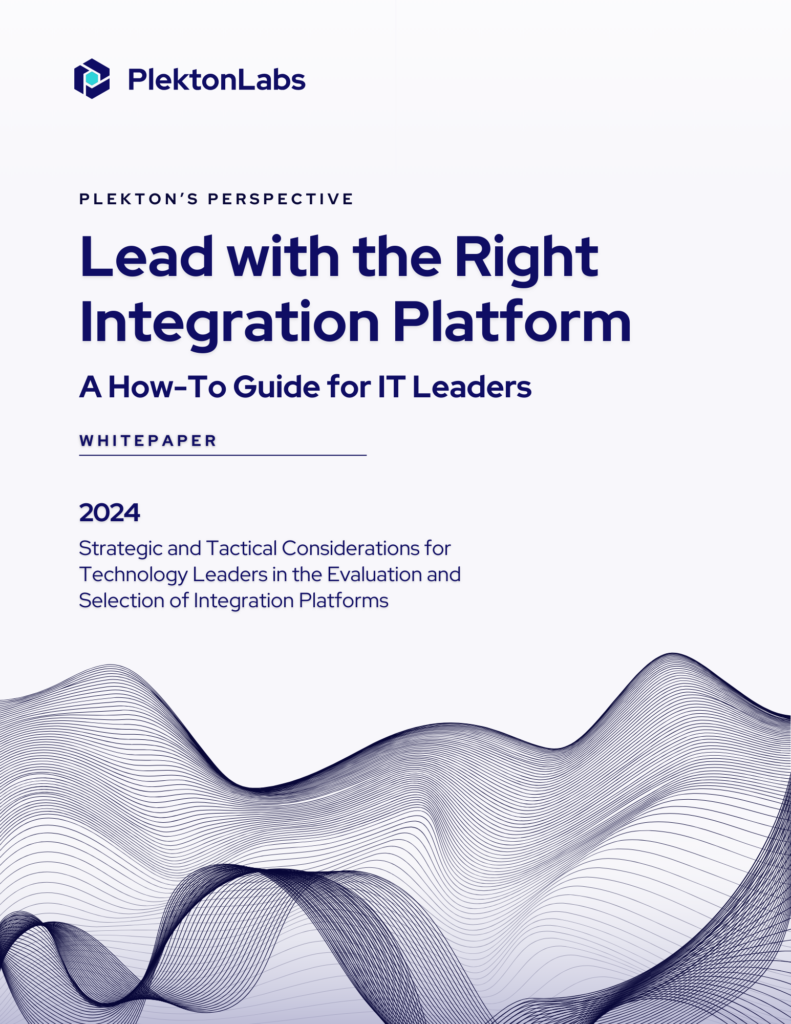The world has seen a large-scale digital transformation in recent years. While many different sectors have moved on with the times, others have lagged far behind. This is especially true when it comes to the supply and logistics sector. It is ironic how the areas that depend on and make use of data the most are unable to manage, access and distribute the data effectively.
Data complexity is a major issue in logistics and supply chain management. The sheer volume of data can be overwhelming. Whether dealing with stocks, bills, accounts or inventories, businesses often have no idea how to efficiently handle their data. This can be a major problem as data or information means everything nowadays. Instead, the data is stored up and almost impossible to access.
On the other hand, data complexity is actually a double-edged sword. The data can and should be used to the business’s advantage. Integration can change businesses and their customers can interact with each other using this data. This is where the API-led approach provides real-time, two-way connectivity, accessibility, and communication. This in turn, can revolutionize the world of logistics which depends wholly on reliable and intuitive data.
What is API-Led Connectivity?
The API-led connectivity approach defines an operating model that can help businesses systematically arrange their assets. It is an organized way of linking data with applications through multipurpose APIs. The approach allows and encourages decentralizing access to data. This can lower the dependence and workload of the IT department.
When using an API-led approach, businesses can create their own network of applications or even integrate existing platforms into third-party software. It also allows them to be more flexible and react faster to changes in the markets. This in turn enables them to forge stronger connections with their partners and customers alike.
Dealing with Data and Logistics without API-Led Connectivity
Planning any kind of business system requires access to plenty of real-time data. Masses of data need to be accessed, retrieved, analyzed, and integrated by any sort of planning system. In short, the data needs to be integrated and integrated quickly. Doing this without any kind of integration software can take hundreds of hours.
In the past, Electronic Data Interchange or EDI has been used in logistics to allow different data to ‘communicate’ with each other. In fact, EDI is still used by many organizations today including business and healthcare. However, EDI can be abstract, obscure and more importantly, time-consuming. EDI communicated through coded messages and this required trained IT workers to decode. Moreover, EDI codes had a time lag between their transmission and reception. This is especially ineffective in logistics where real-time data is vital.
Without API-led connectivity there is a drain on resources, no real-time communication between different departments, increased workload on IT and a waste of valuable time.
API-Led Connectivity: Simpler and Faster
To put things simply, an API based approach is data-oriented. They allow different sets of data and applications to effectively communicate with each other. It integrates different software applications. As a result of API-led connectivity with its real-time data exchange, the supply chain and logistics sector are on the brink of change. Mulesoft, with its hybrid integration platform, allows businesses to create an application network of applications and data with API-led connectivity. This effectively acts as a data translator between various servers, programs and user interfaces.
API-led connectivity offers a sleek and minimalistic model. It simplifies the complexity of data integration by productizing how firms access the data from source systems. This in turn allows supply teams, IT, and logistics to easily find, access and use data. Furthermore, the productized API can include system connectivity and even data transformation within its platform. As a result, IT functions can be completed more quickly and efficiently.
Speed is the biggest plus side for API-led connectivity. APIs can send and receive in a matter of milliseconds, making real-time decisions and transactions a reality. It also allows logistics and supply chains to communicate among themselves and other departments much more quickly and efficiently. Also, the employees don’t need to have specialized training in IT to use or interact with APIs. This reduces the chances of any errors, saves time and even cuts costs. Implementing API-led connectivity can revolutionize the way businesses run their supply and logistics departments, all the while allowing IT to focus on more pressing issues.
Without API based connectivity, supply chains and logistics are isolated from the rest of the firm and have limited access to data. API-led connectivity increases the very visibility of the data while ensuring speed and agility. Integrating the data allows the supply chain and logistics to stay in the loop, thus enabling necessary data flows. It encourages connectivity among the disparate elements of an organization and allows them to remain connected to the various kinds of data and applications. All in all, it makes running businesses and dealing with massive amounts of data much easier.
Conclusion
The foundations of the technological age are always on the move. In the modern world, it is best to adapt to the times and make use of the tools that are offered. API-led connectivity is the next big step an organization can take to ensure efficiency and productivity. It allows you to eradicate the complexity of data integration, saving both time and costs for organizations.





